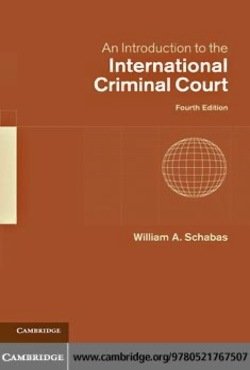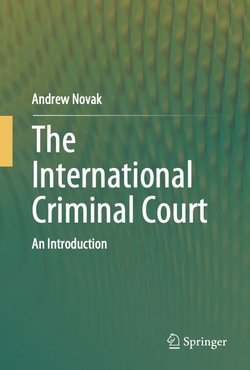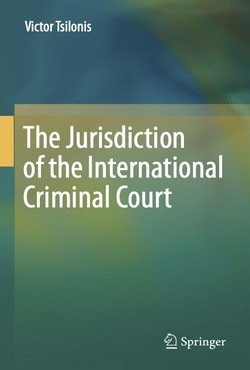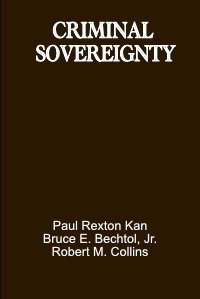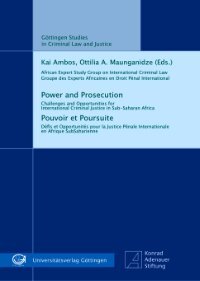By Australia. Parliament. Joint Standing Committee on Foreign Affairs, Defence and Trade
Detailing the inquiry into Australia’s advocacy efforts against the death penalty, this report finds that Australia’s advocacy strategies must be reevaluated and revamped in order to be effective in a contemporary human rights environment.
The inquiry reviewed progress since the committee's 2016 report on the same issue, taking into consideration the current global landscape and challenges to abolition. It examines Australia's strategy for abolition, international cooperation, and engagement with civil society, finding that Australia has a role to play globally in advocating for the abolition of the death penalty through every avenue possible.
Recommendations
The Australian Government continues to advocate for the abolition of the death penalty in all retentionist countries through bilateral, multilateral and regional forums, and with a particular focus on the Asia-Pacific region.
In addition to advocating for abolition, the Australian Government should advocate for a reduction in the categories of crimes that carry the death penalty in retentionist countries and for discretion in sentencing.
Provide an annual statement against the death penalty, to be delivered in Parliament and across multiple platforms.
Consider the development of a strategy for domestic education and awareness raising.
Consider providing adequate funding for civil society organisations to more accurately gather data on trends and current areas of concern regarding the use of the death penalty.
The Attorney-General’s Department should consult Capital Punishment Justice Project to ensure the competency and qualifications of the local lawyers engaged to represent Australian nationals in capital cases.
The Australian Government should undertake annual reviews of the mechanisms and operations of the Australian Federal Police’s Sensitive Investigations Oversight Board.
Canberra: Australia. Parliament. Joint Standing Committee on Foreign Affairs, Defence and Trade2025.









